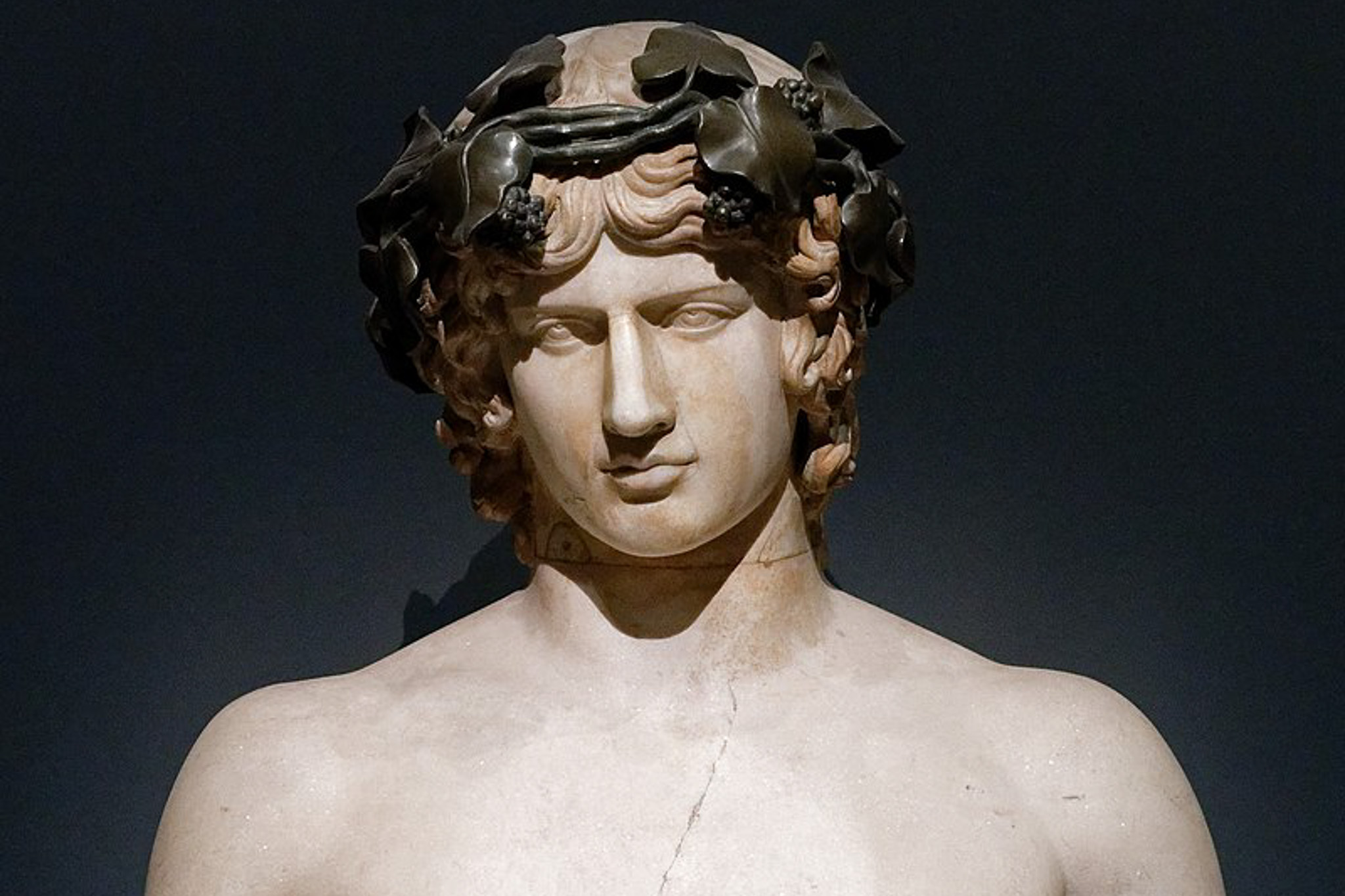Nu toate cartile curg repede, si asta poate e bine. Memoriile lui Hadrian (goodreads link ) a stat la capul patului mai bine de o luna si jumatate, relativ mult pentru o carte de doar 200 si ceva de pagini. As putea zice ca nu m-a prins cu adevarat decat in ultima treime, pe care am si terminat-o de fapt in cateva ore.
Cu toate astea e si una din cartile citite care mi-a placut mult. Cartea are un pic si din calmul din “Jocul cu margele de sticla” al lui Hesse si din “Meditatiile” lui Marcus Aurelius, carti pe care le-am citit, care au curs in mod egal de incet dar care si ele mi-au placut mult la sfarsit.
Marguerite Yourcenar a reusit sa picteze intr-o carte relativ scurta o imagine incredibil de veridica asupra lumii romane prin ochii lui Hadrian, intr-o istorisire in mod egal melancolica si optimista si mereu legata de adevarul istoric.
Ca un “reminder” din randurile cartii legat de felul in care cultura se transforma cu trecerea secolelor mi-a revenit odata cu citirea ei in minte gandul ca tot ce inseamna civilizatie occidenta s-a cladit pe umerii grecilor (si in mai mica masura a romanilor, care au fost poate doar au preluat si au continuat cu success cultura grecilor). E un idee pe care am intalnit-o si la Russel in Istoria Filozofiei Occidentale , la toate ideile preluate si transformate de crestinism (suficient de multe note legate de religie si in Memoriile lui Hadrian) si Nietsche. La sfarsit las un citat despre idea Romei eterne:
Catastrophe and ruin will come; disorder will triumph, but order will too, from time to time. Peace will again establish itself between two periods of war; the words humanity, liberty, and justice will here and there regain the meaning which we have tried to give them. Not all our books will perish, nor our statues, if broken, lie unrepaired; other domes and other pediments will arise from our domes and pediments; some few men will think and work and feel as we have done, and I venture to count upon such continuators, placed irregularly throughout the centuries, and upon this kind of intermittent immortality.
If ever the barbarians gain possession of the world they will be forced to adopt some of our methods; they will end by resembling us. Chabrias fears that the pastophor of Mithra or the bishop of Christ may implant himself one day in Rome, replacing the high pontiff. If by ill fate that day should come, my successor officiating in the vatical fields along the Tiber will already have ceased to be merely the chief of a gang, or of a band of sectarians, and will have become in his turn one of the universal figures of authority. He will inherit our palaces and our archives, and will differ from rulers like us less than one might suppose. I accept with calm these vicissitudes of Rome eternal.

Leave a Reply